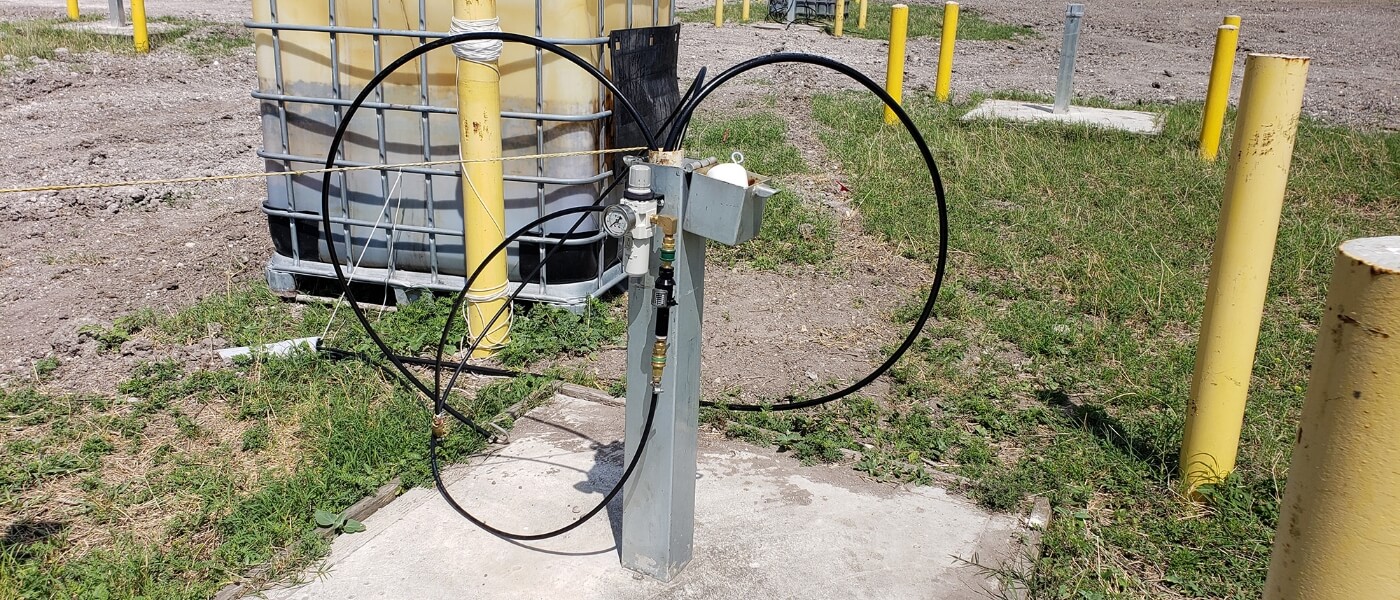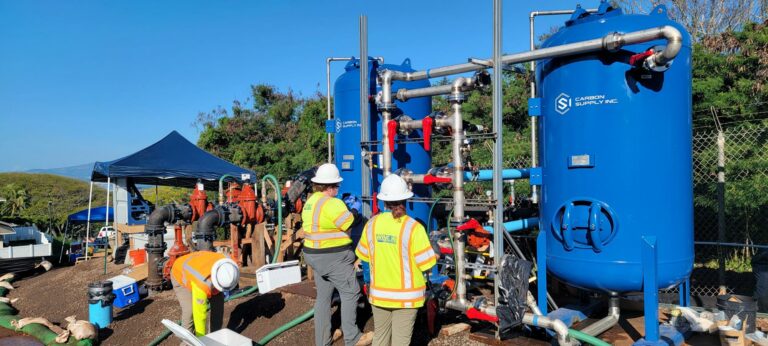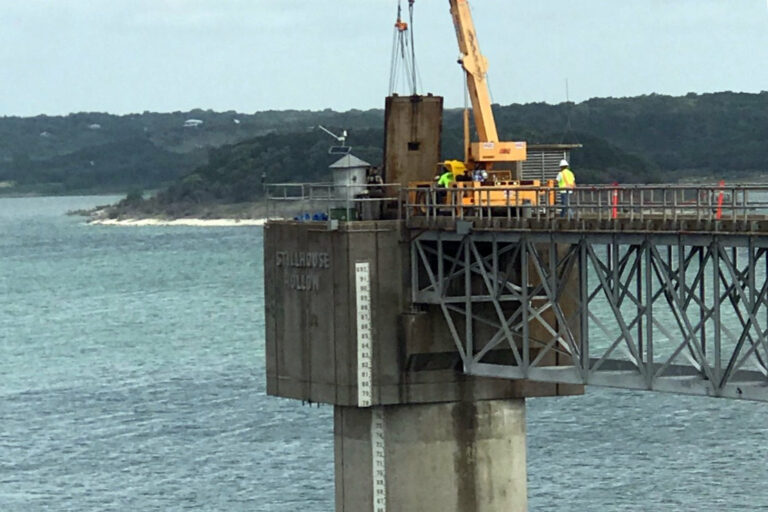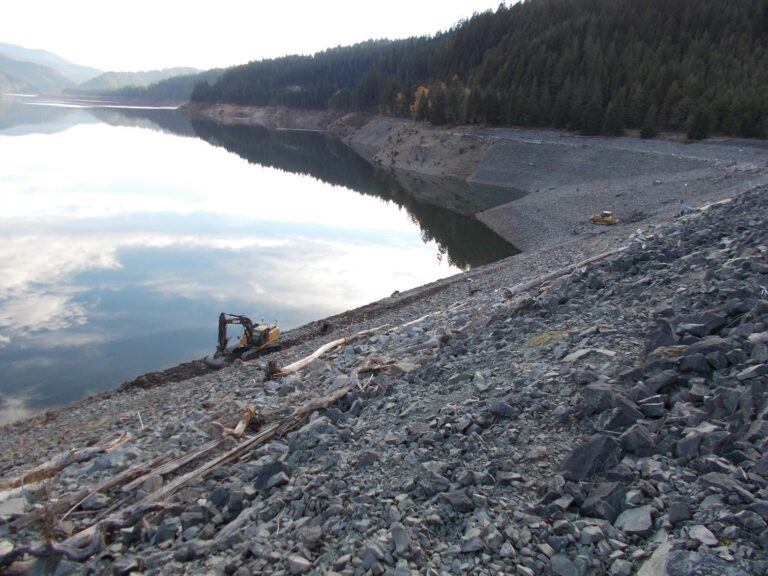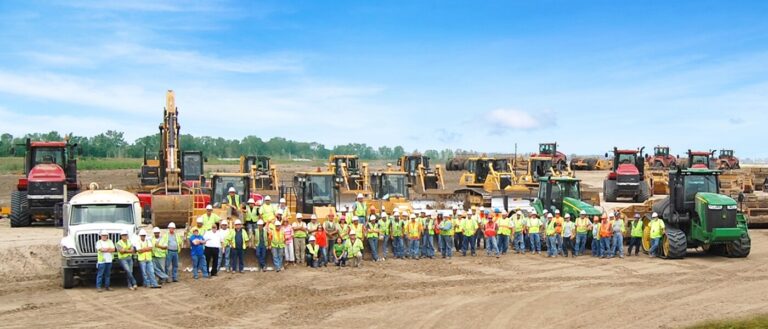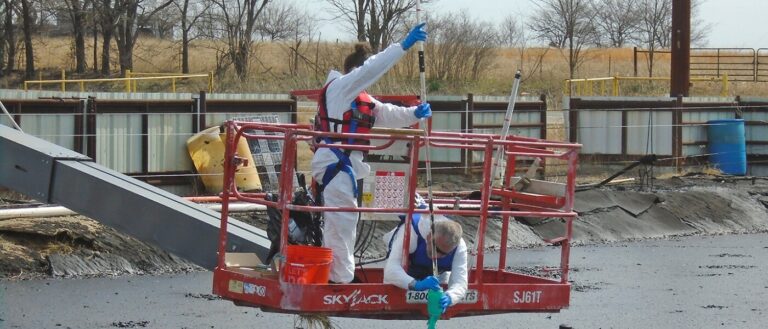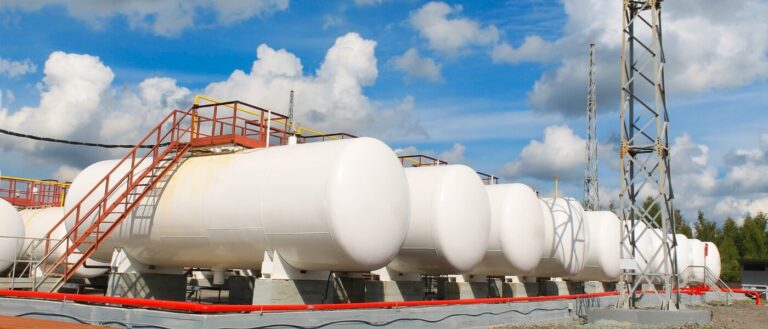Following a crude oil pipeline release in south-central Texas, Weston mobilized within 3 days to delineate the extent of Light Non-Aqueous Phase Liquid (LNAPL), and recover and delineate BTEX, TPH, and chlorides in soil and groundwater in compliance with Texas Railroad Commission (RRC) requests. Weston drilled several dozen soil borings and installed multiple monitoring wells through several mobilizations and has delineated dissolved-phase hydrocarbon plumes. We refined the existing conceptual site model to better understand the complex hydrogeological flow regime. As part of the remediation, Weston installed a recovery well system and solar powered skimmers and total fluids submersible pumps to remove LNAPL. Weekly or monthly O&M has been performed on the various recovery systems since 2017, with fluids collected in liquid handling totes and eventually in a frac tank. Site Investigation and Semi-Annual Groundwater Monitoring Reports have been provided to the RRC, and Weston has effectively responded to regulatory requests on behalf of our client.
Weston’s work has resulted in the successful delineation of the chemicals of concern, TPH and Benzene, to the applicable regulatory residential assessment level in both groundwater zones. Weston has also reduced the LNAPL thickness by 485 gallons, to date, with LNAPL values trending toward decreasing or stable LNAPL thickness. Lastly, Weston is actively pursuing forensic analysis of LNAPL within the project area to further assess the presence/absence of suspected alternative LNAPL sources.
